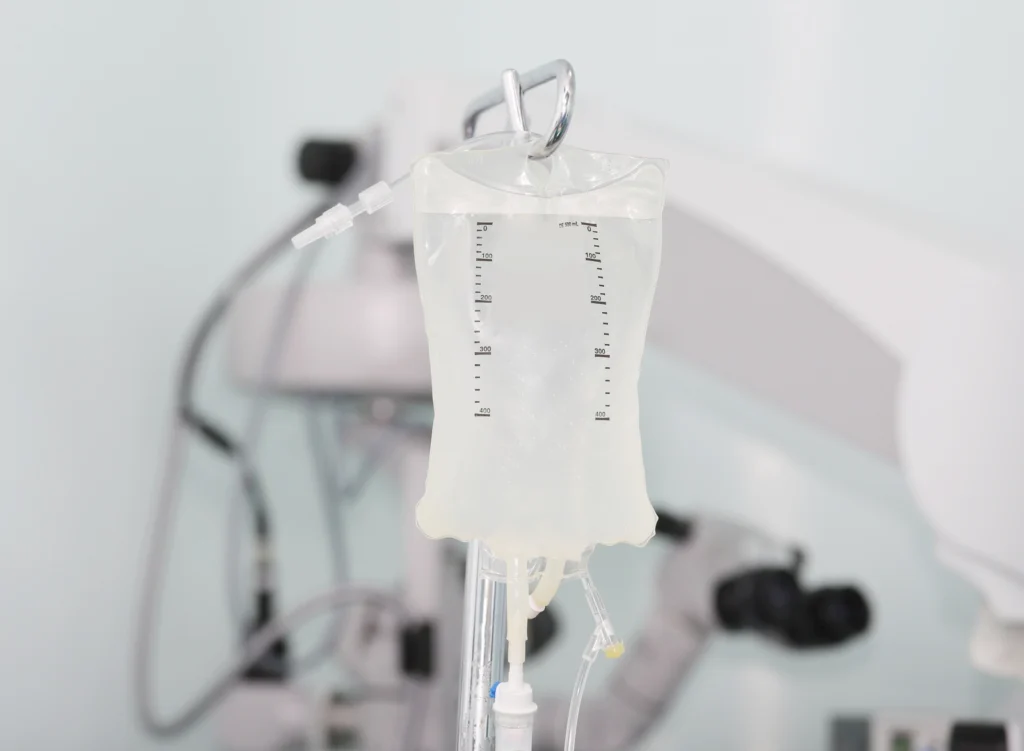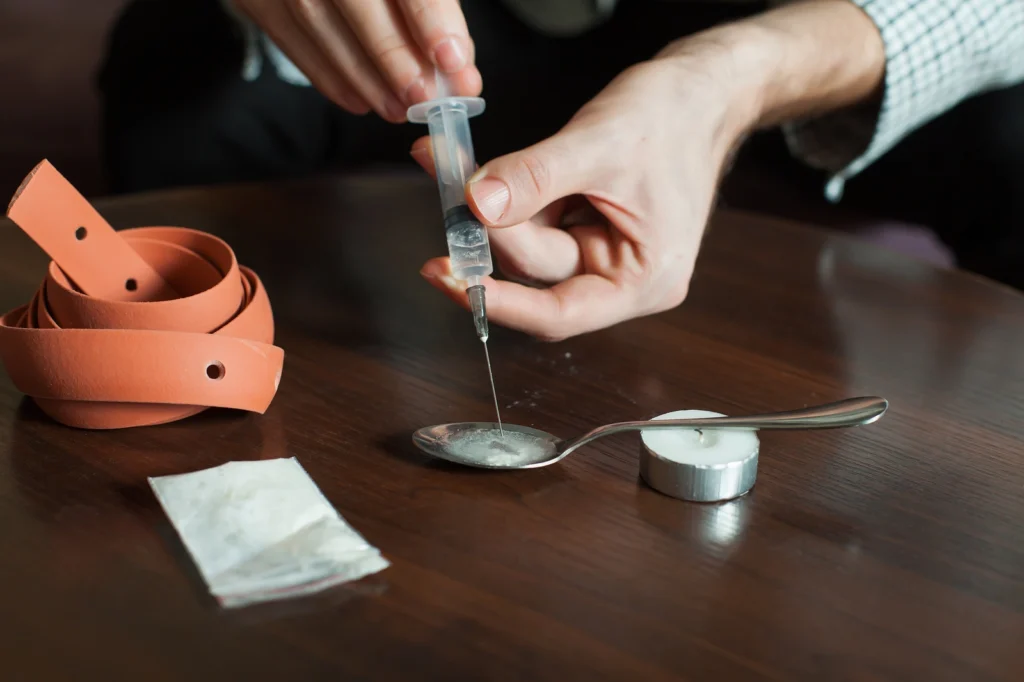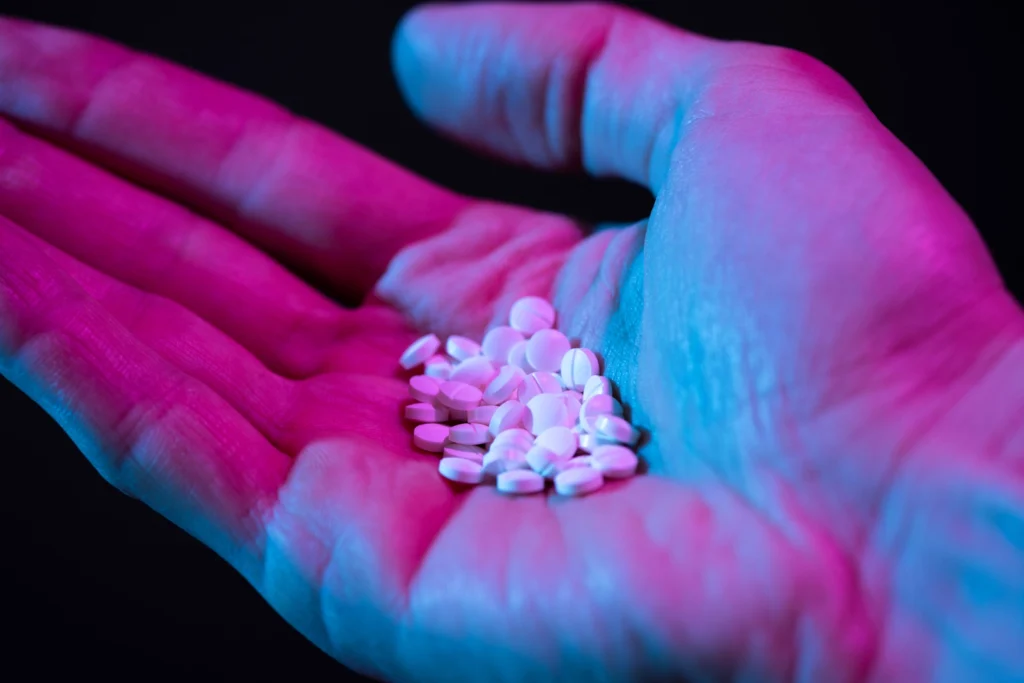Can You Overdose on Trazodone? Signs, Symptoms, and When to Get Help
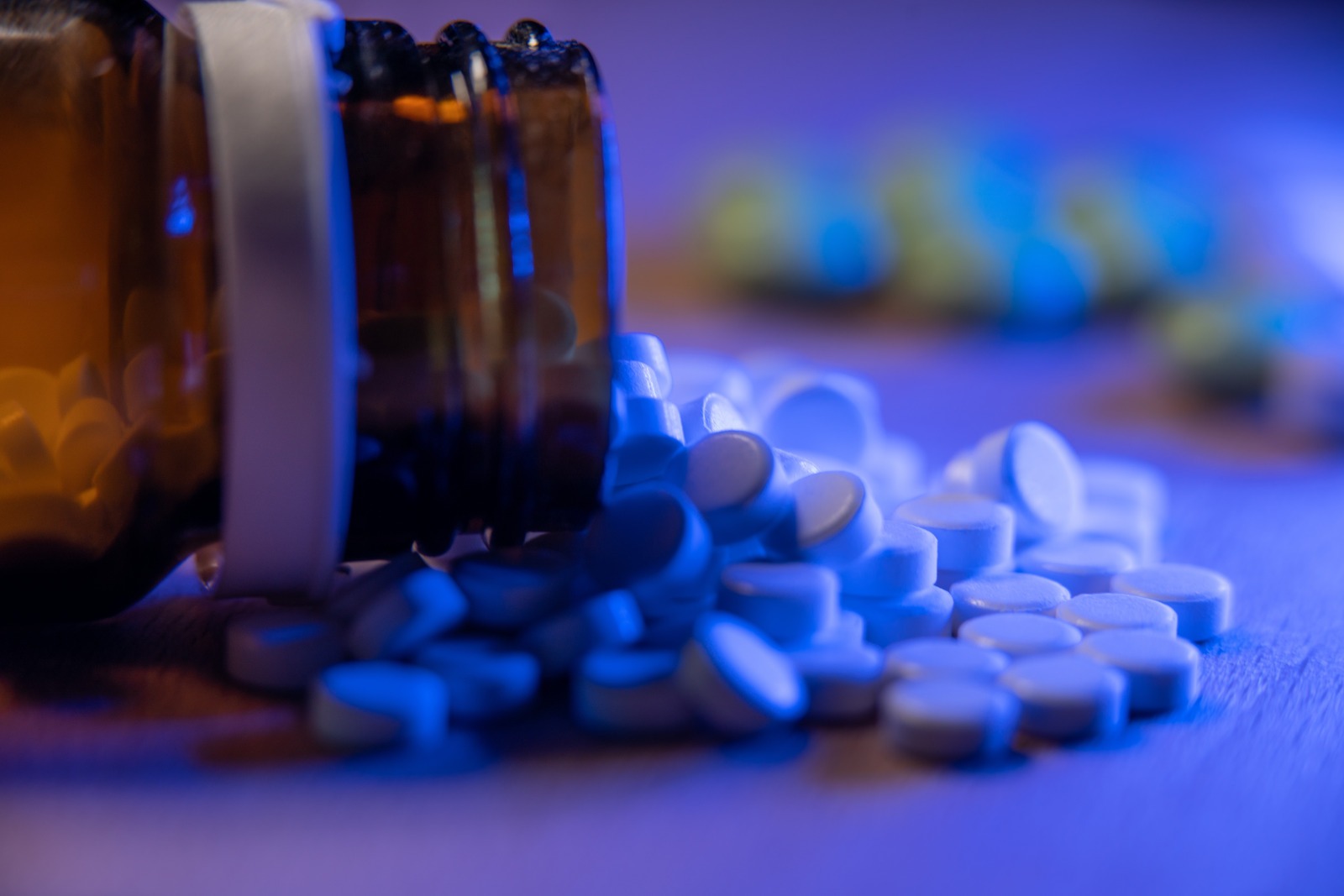
Trazodone, a commonly prescribed medication for depression and insomnia, can be a lifeline for those struggling with these conditions.[1] However, misuse or accidental overdose of Trazodone can lead to serious health complications, including respiratory depression and even death. Understanding the benefits and risks of Trazodone usage is essential for ensuring those in need receive support without adverse consequences.
Key Points
- Trazodone, commonly prescribed for depression and insomnia, can improve your quality of life, but it also carries overdose risks.
- Symptoms of a Trazodone overdose vary and can include dizziness, drowsiness, confusion, rapid or irregular heartbeat, low blood pressure, vomiting, and seizures.
- In severe cases, overdose can lead to coma or death.
- Misuse of Trazodone, such as taking larger doses or seeking sedative effects, increases overdose risk.
- Trazodone should only be used as directed by a healthcare professional, and immediate medical attention is needed if overdose symptoms occur.
What is Trazodone, and What is it Used For?
Trazodone is an FDA-approved medication primarily used to treat depression. It is a serotonin receptor antagonist and reuptake inhibitor (SARI).[2] In addition to depression, doctors may prescribe trazodone for other conditions, such as anxiety disorders and certain types of chronic pain.
Trazodone works by increasing the levels of serotonin, a neurotransmitter in the brain that regulates mood, which helps alleviate symptoms of depression and improve your overall well-being.[3] Additionally, its sedative properties make it useful for managing insomnia, and it is often prescribed as a sleeping aid.
What Are the Symptoms of a Trazodone Overdose?
Symptoms of a Trazodone overdose can vary in severity and may include dizziness, drowsiness, confusion, rapid or irregular heartbeat, low blood pressure, vomiting, and seizures. In severe cases, an overdose can lead to a coma or even death.
It’s important to note that while Trazodone is generally considered safe when taken as prescribed, it can be abused. Some individuals may misuse Trazodone by taking larger doses than prescribed, seeking its sedative effects, or attempting to enhance its antidepressant effects.
This misuse significantly increases the risk of overdose and adverse effects. It’s crucial to use Trazodone only as directed by a healthcare professional and to seek immediate medical attention if overdose symptoms are suspected.
Who is at Risk for Trazodone Overdose?
Individuals at increased risk for Trazodone overdose include those with a history of substance abuse or addiction, as they may be more likely to misuse or abuse the medication.
Elderly individuals and those taking multiple medications, especially other drugs that affect the central nervous system, are also at higher risk for Trazodone overdose due to potential drug interactions and decreased drug clearance.
It’s essential for healthcare providers to monitor these populations when prescribing Trazodone carefully and to educate patients and their caregivers about the risks of potential overdose.
What Should I Do if Someone is Overdosing on Trazodone?
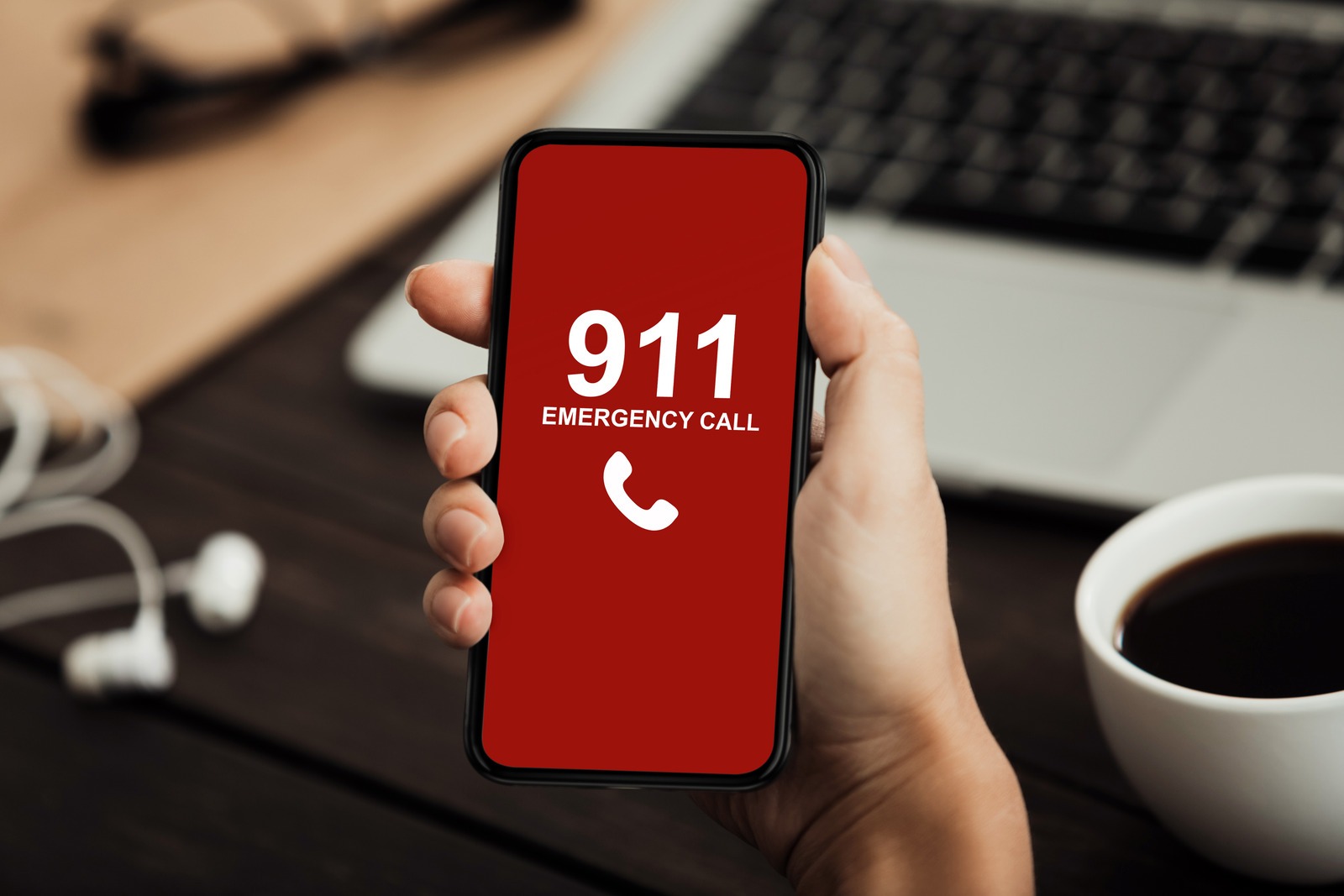
If someone is overdosing on Trazodone, it’s essential to act quickly and seek medical help immediately. Here are the steps to take:
- Call Emergency Services: Dial the emergency number in your area (e.g., 911) to get professional medical assistance as soon as possible.
- Stay with the Person: Stay with the individual and monitor their condition closely. If possible, keep them awake and talking.
- Do Not Leave Them Alone: Do not leave the person alone, especially if they are unconscious or experiencing severe symptoms. Continuous monitoring is crucial to ensure their safety.
- Provide Information: When emergency responders arrive, provide them with as much information as possible, including the dosage of Trazodone taken (if known) and any other medications the person may have ingested.
- Follow Medical Advice: Follow the instructions of the medical professionals. They may administer treatments such as activated charcoal or provide supportive care in a hospital setting, depending on the severity of the overdose.
- Prevent Future Overdoses: After the immediate crisis has passed, help the individual seek appropriate medical and psychological support to prevent future Trazodone overdoses. This may include substance abuse treatment or adjustments to their medication regimen under medical supervision.
How Can a Trazodone Overdose Be Prevented?
Preventing a Trazodone overdose involves several strategies aimed at minimizing the risk of accidental or intentional misuse:
- Follow your prescribing instructions: Take Trazodone exactly as a healthcare professional prescribes. Do not exceed the recommended dosage or frequency of use.
- Inform your healthcare providers: Inform your healthcare provider about any other medications, supplements, or substances you are taking and any medical conditions you have. This helps avoid potential interactions and complications.
- Store your medication safely: Keep Trazodone and other medications out of reach of children and pets, preferably in a locked cabinet or container. Store them in their original packaging at room temperature, away from moisture and direct sunlight.
- Avoid alcohol and other substances: Avoid consuming alcohol or other central nervous system depressants while taking Trazodone, as they can increase the risk of overdose and adverse effects.
- Monitor for side effects: Pay attention to any unusual symptoms or side effects while taking Trazodone and promptly report them to your healthcare provider.
- Seek Help for any other mental health concerns: If you are experiencing depression or other mental health issues, seek professional help. Trazodone is intended as part of a comprehensive treatment plan under the guidance of a healthcare provider.
- Dispose of your unused medication properly: To prevent accidental ingestion, dispose of unused or expired Trazodone. Follow local guidelines or consult a pharmacist for safe disposal methods.
How Can I Get Help For Substance Abuse Issues?
Reaching out for help with substance abuse issues can be a courageous step towards reclaiming your health. It’s crucial to understand that you are not alone in this journey, and numerous resources are available to support you in the healing process.
One of the first steps in seeking help is reaching out to trusted loved ones, friends, or family members. Opening up about your struggles with substance abuse can feel daunting, but involving your support network can provide valuable emotional support and encouragement. Loved ones can offer understanding, empathy, and practical assistance as you navigate the recovery challenges.
Consult healthcare professionals, including your primary care physician or a mental health counselor, who can assess your situation and recommend personalized, evidence-based treatment options. They can also offer valuable insights into underlying issues contributing to your substance abuse and help develop a personalized treatment plan.
It’s important to recognize that seeking treatment for substance abuse is not a sign of weakness but rather a courageous step toward healing and growth. There are various forms of treatment available, including inpatient and outpatient care. A comprehensive approach that combines different modalities and incorporates evidence-based practices is often the most effective in addressing substance abuse issues.
Everyone’s journey to recovery is unique, and the most successful treatment plans are tailored to the individual’s needs, preferences, and circumstances. Don’t be afraid to explore different treatment options and advocate for yourself in finding the right approach.
